We’ve become accustomed to delays in reimbursement payments and lists of claim denials. We’ve all been there. But, we also know clean claims get paid faster, so how do you reduce the number of claims that get kicked back you?
Often times, your path to cleaner claims begins well before you’ve even seen the patient. Working closely with those responsible for each step of the process will help eliminate issues and get your system paid faster.
Registration Data
Collecting accurate demographic information on the front end should be simple, right? Not always. Registering a patient can happen in phases and, depending on the situation, and in emergent cases, hours after the patient’s treatment has started. Registrants often face problems with patients not cooperating. Working with your frontline staff to create a process and documentation of what information is critical and needs verification will help your revenue cycle team down the road.
Insurance Validation
Does your system require insurance verification at each and every visit? Often times, patients are only asked once a year to verify their insurance. While this practice is okay for scheduling purposes, it will certainly cause you problems down the line if a policy has lapsed or expired. Working with your scheduling team and office staff to verify insurance information and demographics at the time of visit will drastically reduce flags for lapsed and expired plans.
Pre-authorization
In 2019, the American Medical Association reported that the burden of pre-authorization has risen in the last five years. Pre-authorizations might be one of the hardest parts of the process. How many times has a patient thought they were covered and they aren’t? On average, your staff could be spending 2 days a week dedicated to pre-authorizations and denial appeals. Our team recommends dedicated agents assigned to specific payers who understand their processes inside and out, who can manage pre-authorizations and eventually subsequent claims to help ensure you get approvals fast. Wouldn’t it be nice to gain 16 hours of your administrative team’s time back each week?
File Timely
We all know there are a number of factors that can slow down the timeline of a claim being submitted to a payer. While our government payers are a little nicer with their timelines, private payors tend to be less forgiving. Knowing the timelines and each payer’s requirements allow you to manage work queues for your staff to ensure you’re not missing short windows for submission or denial appeals.
Accurate Coding
This seems self-explanatory but, when humans are involved, there’s always a chance for error. With 73,000 codes and modifications available, there’s always a chance for error. Having a process to review, spot check, and correct errors prior to submitting will reduce your kickbacks and allow for easier claim submission.
Monitoring and trending your kickbacks over time will help you identify areas of your organization that need processes put into place to help reduce claim denials over time, meaning you get paid faster. HCM is here to help. Our team can help identify where your process might be breaking down, identify solutions for those breakdowns, and serve as members of your team. Our experienced staff has years of experience working with payers and are ready to give your admin team the ability to tackle the other tasks on their list.



